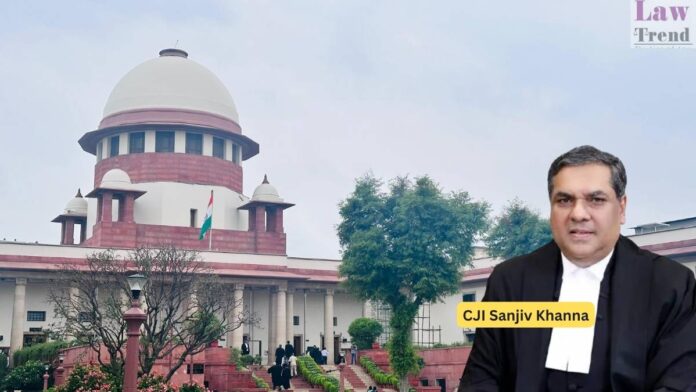In a significant procedural change, the Supreme Court of India, under the leadership of Chief Justice Sanjiv Khanna, has ceased the practice of oral mentioning for urgent cases. Chief Justice Khanna declared on Tuesday that all requests for urgent hearings must now be submitted through email or written slips, detailing the reasons for the urgency. This move marks a departure from the previous system, where advocates could verbally request urgent listings directly to the Chief Justice, a practice widely utilized during the tenure of former CJI DY Chandrachud for cases involving immediate issues like demolitions or impending arrests.
Oral mentioning has been a critical avenue for lawyers to secure expedited hearings for sensitive cases that demand immediate attention, bypassing the slower, standard written application procedures. This practice has been especially pivotal in matters involving imminent legal actions where delays could have severe consequences.
Critics of oral mentioning have pointed out that it could lead to arbitrariness and favored access, benefiting only those advocates who are physically present and persuasive enough to make their case vocally. The new restrictions are viewed by some as a move towards a more orderly and formalized court procedure, potentially reducing preferential treatment.




